"The mountains are calling and I must go... but I've got to wait until payday.” Have you ever longed for a weekend in the mountains but, having checked your bank balance, bailed on the idea?
Are money worries blocking your adventure goals and crushing mountain wanderlust? If yes, then fear not. These tips will help make your mountain trips cheaper – and let you rediscover that ‘seize the day’ attitude.
Escaping to the mountains is never cheap. While the walking itself is joyously free, costs such as transport, accommodation, food, drink and gear can quickly escalate.
Before you know it, two nights in a Keswick B&B, 50 litres of petrol, several pints in The Wainwright pub, and one impulse splurge in a gear shop have left a gaping hole in your pocket.
The good news, however, is that there are many ways to maximise adventure and minimise financial expenditure.
From wild camping and car sharing to secondhand gear and homemade meals, you can easily save money on your mountain trips. I should know. Over the past few years, I’ve been on a life-changing, happiness-inducing, memory-forging journey. I’ve climbed more than 1000 mountains across the UK and Ireland – and I did it all on a shoestring.
I learnt that, with a little preparation and some savvy thinking, adventuring in Britain’s stunning mountains doesn’t have to cost the earth. Here are some of the top tips I’ve discovered along the way, plus some insightful advice from friends...
Transport
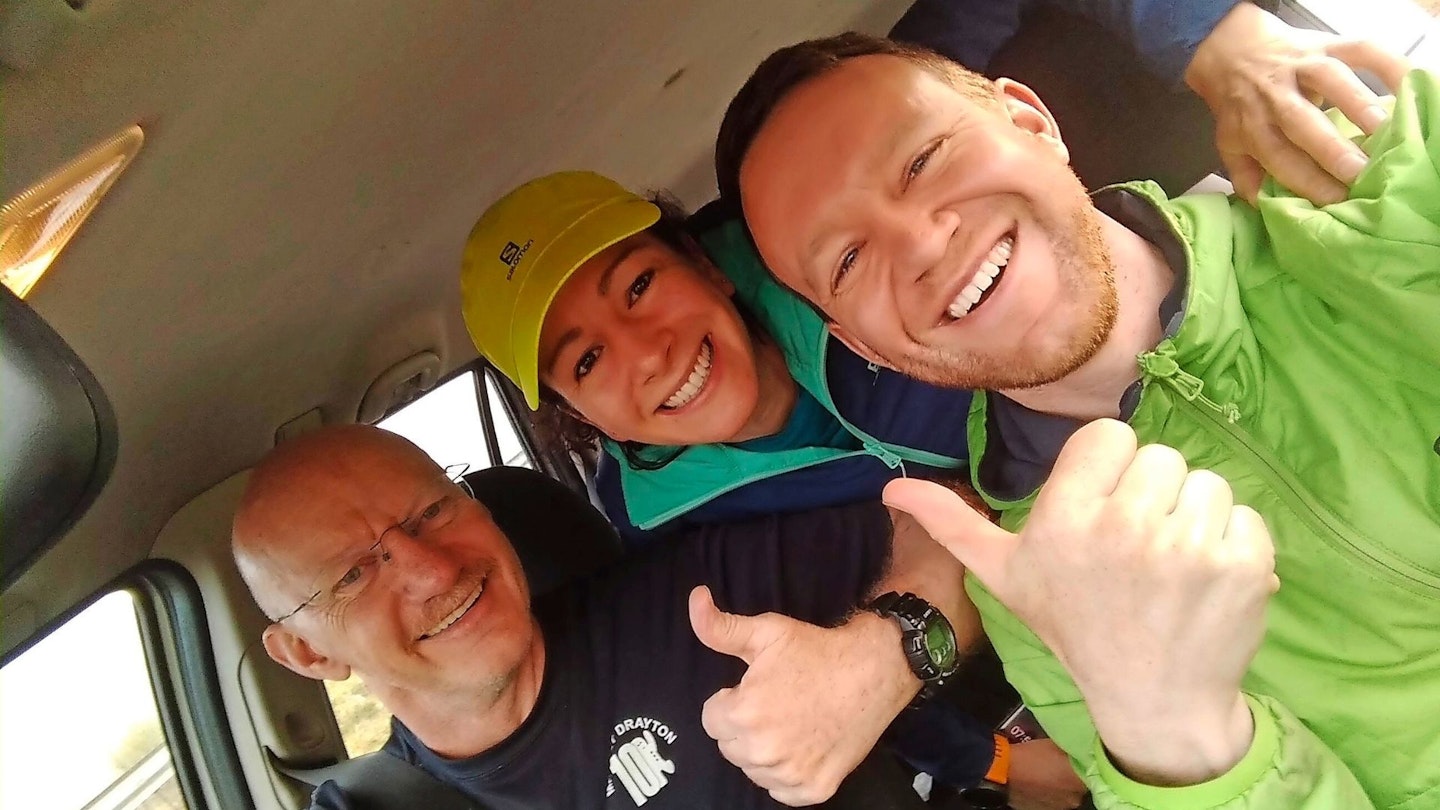
1. Carpooling
Single-person car journeys are terrible for the environment – and your wallet. Slash your petrol costs by car sharing. Find fellow passengers via walking clubs, Instagram, or lift-share platforms like BlaBlaCar.
2. Self-propelled travel
Completely eliminate petrol costs. Could cycling to the mountains become part of your adventure? Or could you walk from home to your local hills instead of driving hundreds of miles?
3. Public transport
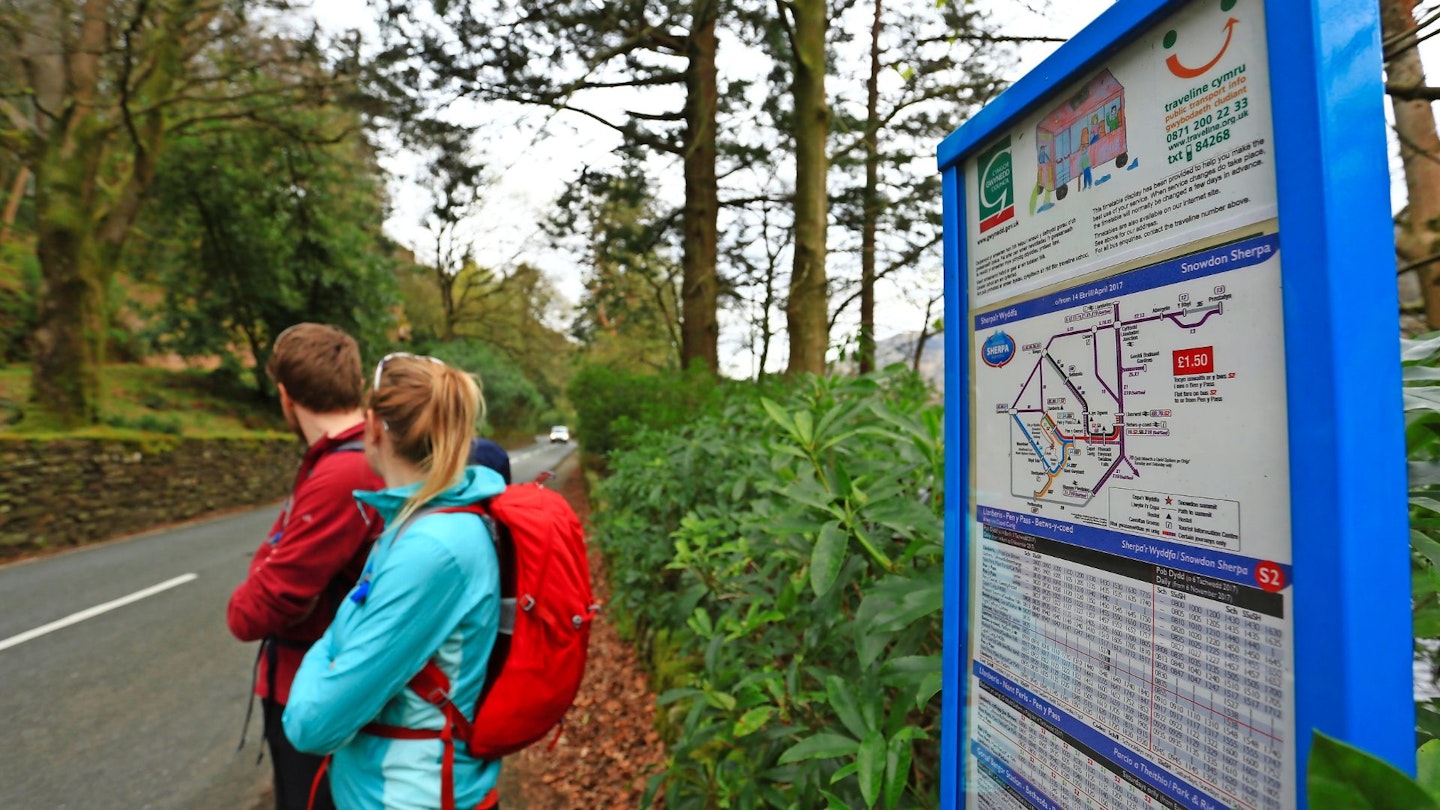
Book in advance to save. A Birmingham to Penrith return train can cost just £25, compared to around £50 in petrol. TrawsCymru’s long-distance buses in Wales are free on weekends.
4. Free parking
Rip-off parking charges are common. A National Trust membership (with free parking) may be economical. Alternatively, arrive early and park in a lay-by or on-road spot for free.
5. Hitch-hiking
Instead of driving, walk a linear summit-bagging route and hitch back. Or go full-throttle and hitch all the way from the city.
Accomodation
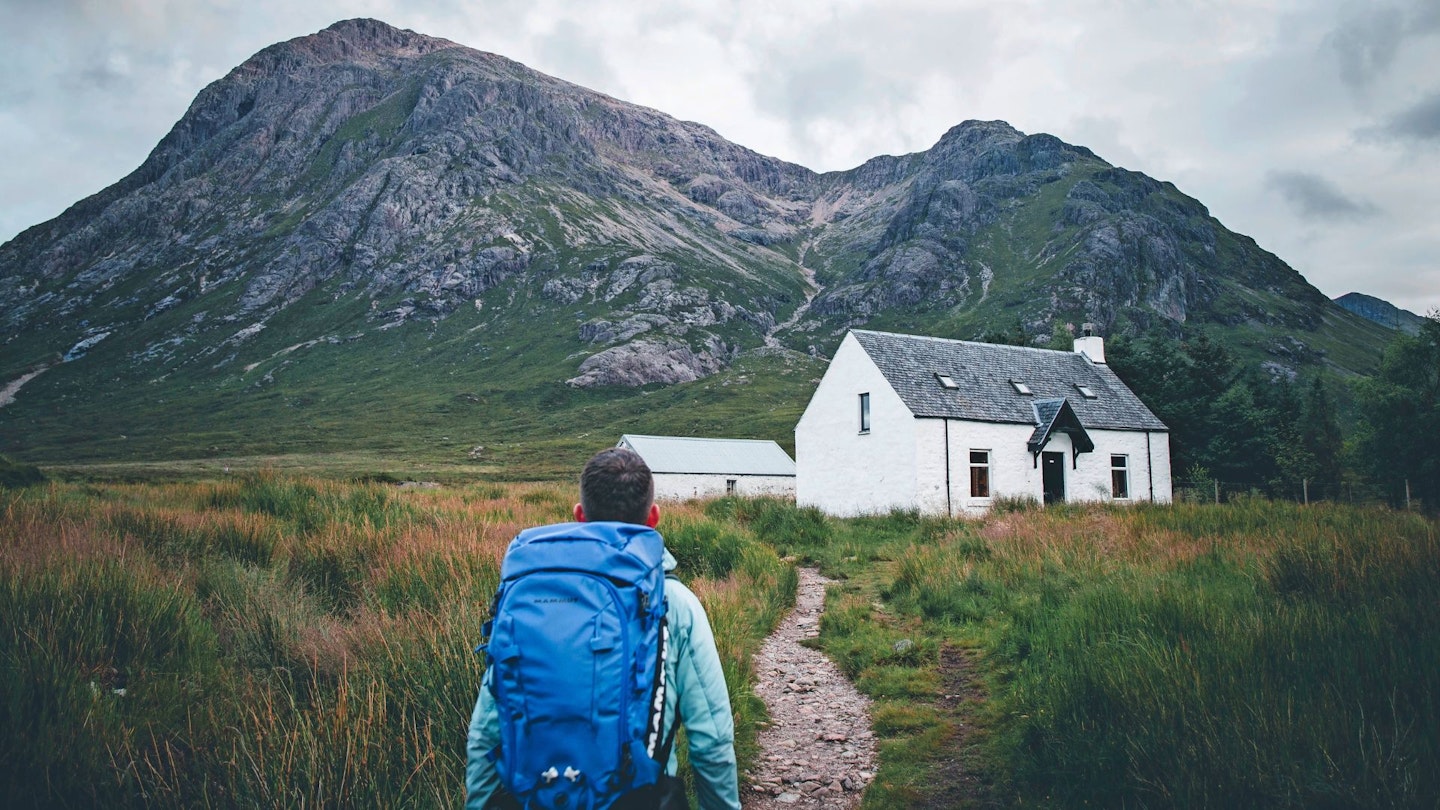
6. Wild camping
A B&B might cost £60, a hostel £20, but wild camping is gloriously free. Just bring your tent or bivvy bag — and hope for dry skies.
7. Hostelling
Need accommodation? Skip the posh hotels. Book a dorm in a YHA, independent hostel, or mountaineering hut. Or club together for an Airbnb bargain.
8. Free beds
Don’t fancy wild camping? Sleep in your car or camper van, stay in a mountain bothy (see the Mountain Bothies Association for more), crash at a friend’s place, or couchsurf.
Hiking gear
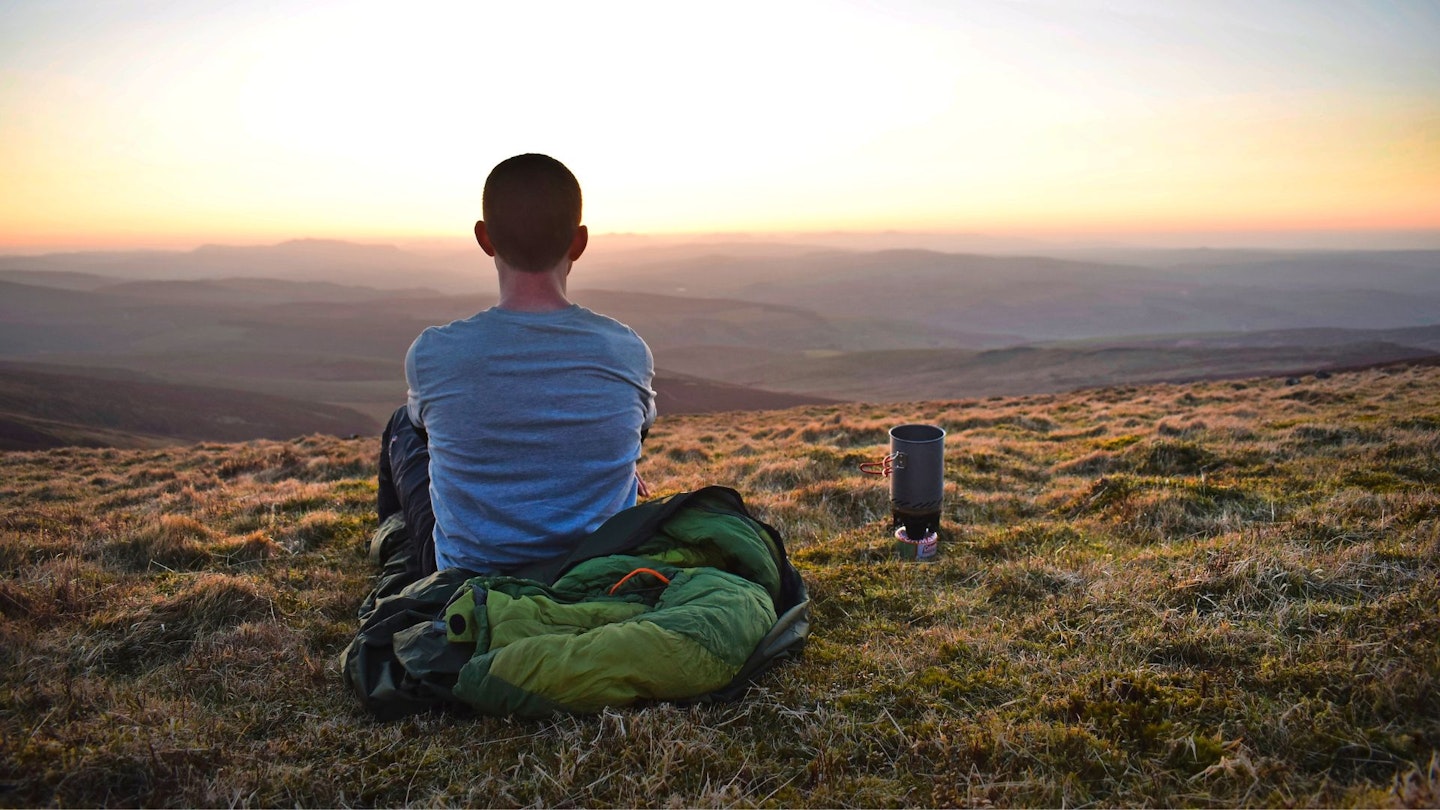
9. Minimalism
Spend less by buying less. Only buy what you genuinely need. Focus on reliable, long-lasting items and sell any old gear.
10. Shop savvy and bargain-hunt
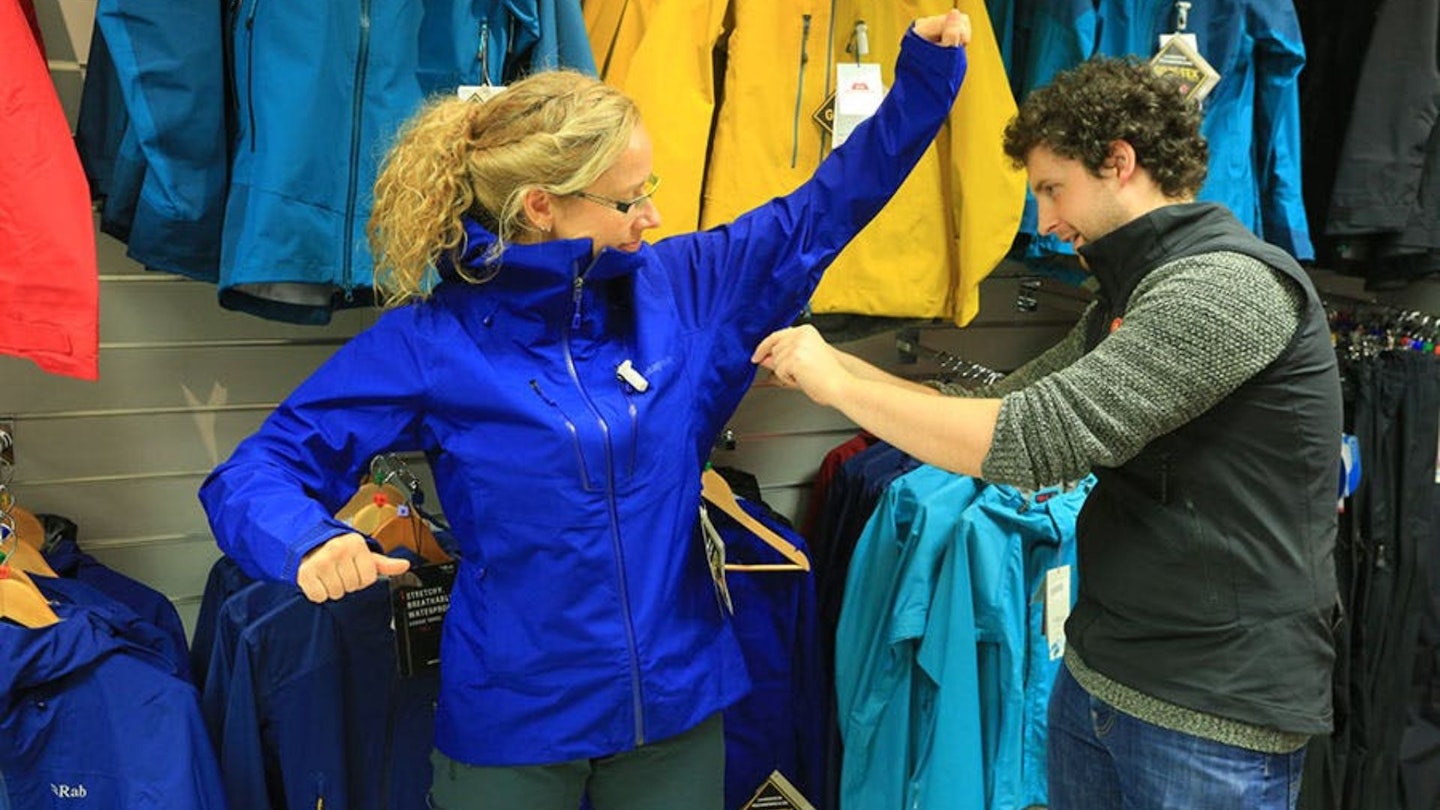
Ditch the £400 down jacket for a cheaper one. Use sales, eBay, Go Outdoors’ 10% price match, and BMC discounts. Buy secondhand from Facebook groups like Outdoor Gear Exchange UK.
11. Gear maintenance
Look after your kit. Use Nikwax for cleaning and reproofing. Repair before you replace. If it fails early, check the warranty.
12. Sponsorship
Running a cool expedition or have a loyal social media following? Reach out to brands — you might score a free tent or jacket in exchange for some publicity.
13. Borrowing
Ask friends or family to lend gear. Try shops with test policies. Borrow maps and guidebooks from your local library instead of buying.
Food and drink
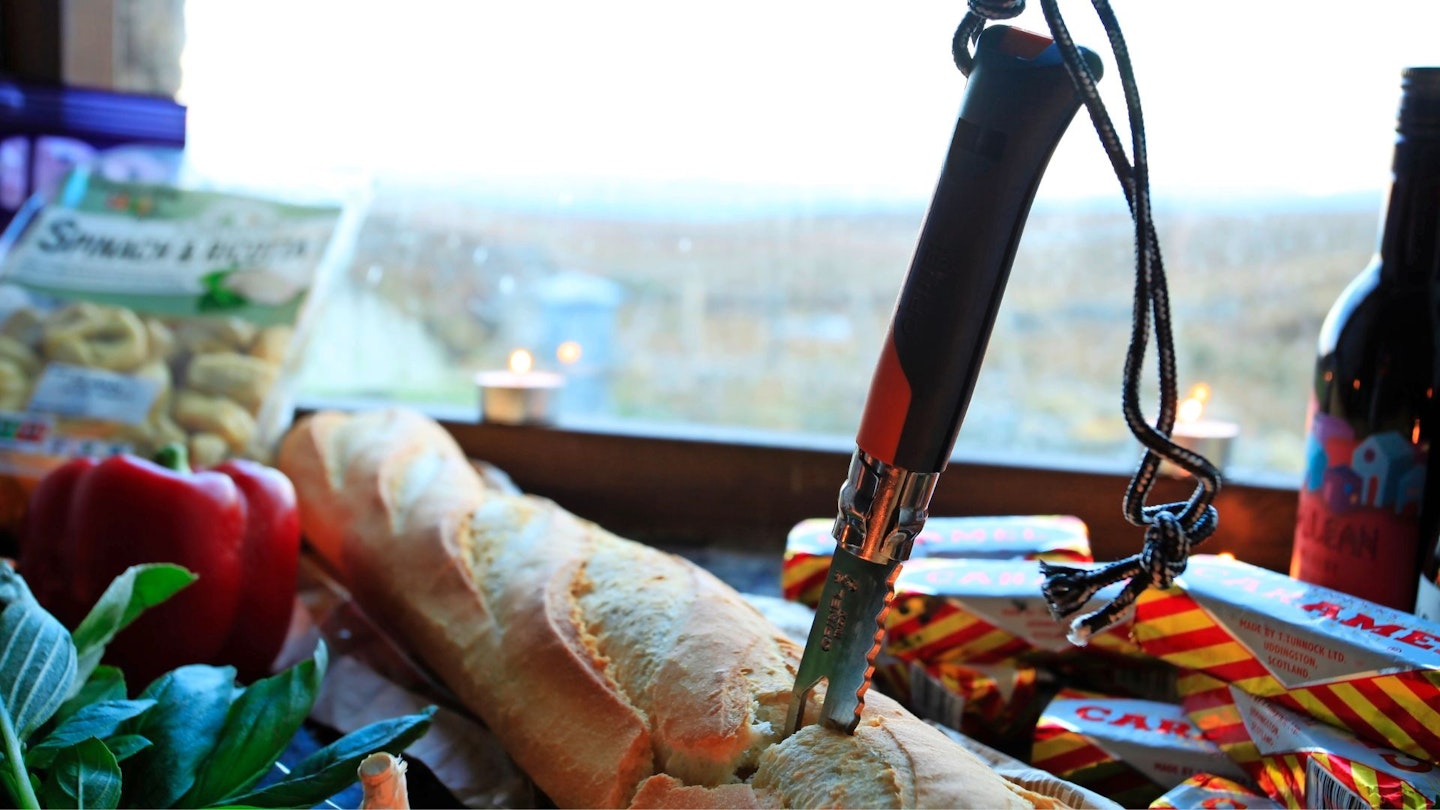
14. Be prepared
Avoid pricey rural shops and instead bring your own food and snacks from Aldi or Lidl. Make sandwiches or prep meals in advance.
15. Ditch the pub
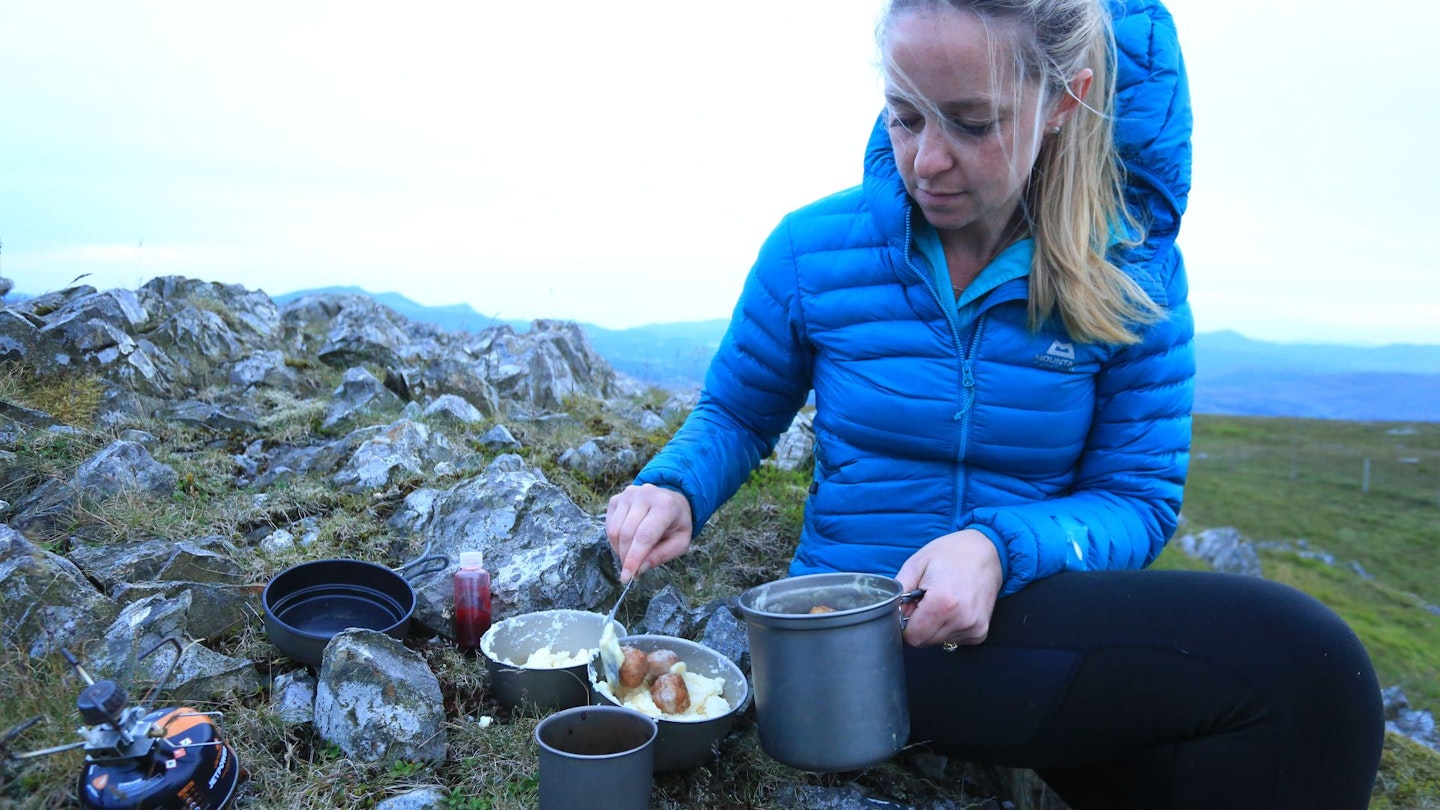
Skip the overpriced pints and pub grub. Cook in the hostel kitchen or over a stove. Enjoy a tinny instead of a £5 pint.
16. Camp cooking
Skip freeze-dried meals at £5+ a pop. Cook simple meals like pasta and chorizo. Or use a dehydrator and make your own.
17. Snack savvy
Make your own trail mix or flapjacks. Forage for bilberries or blackberries. Brew your own coffee instead of buying one.
Prioritise
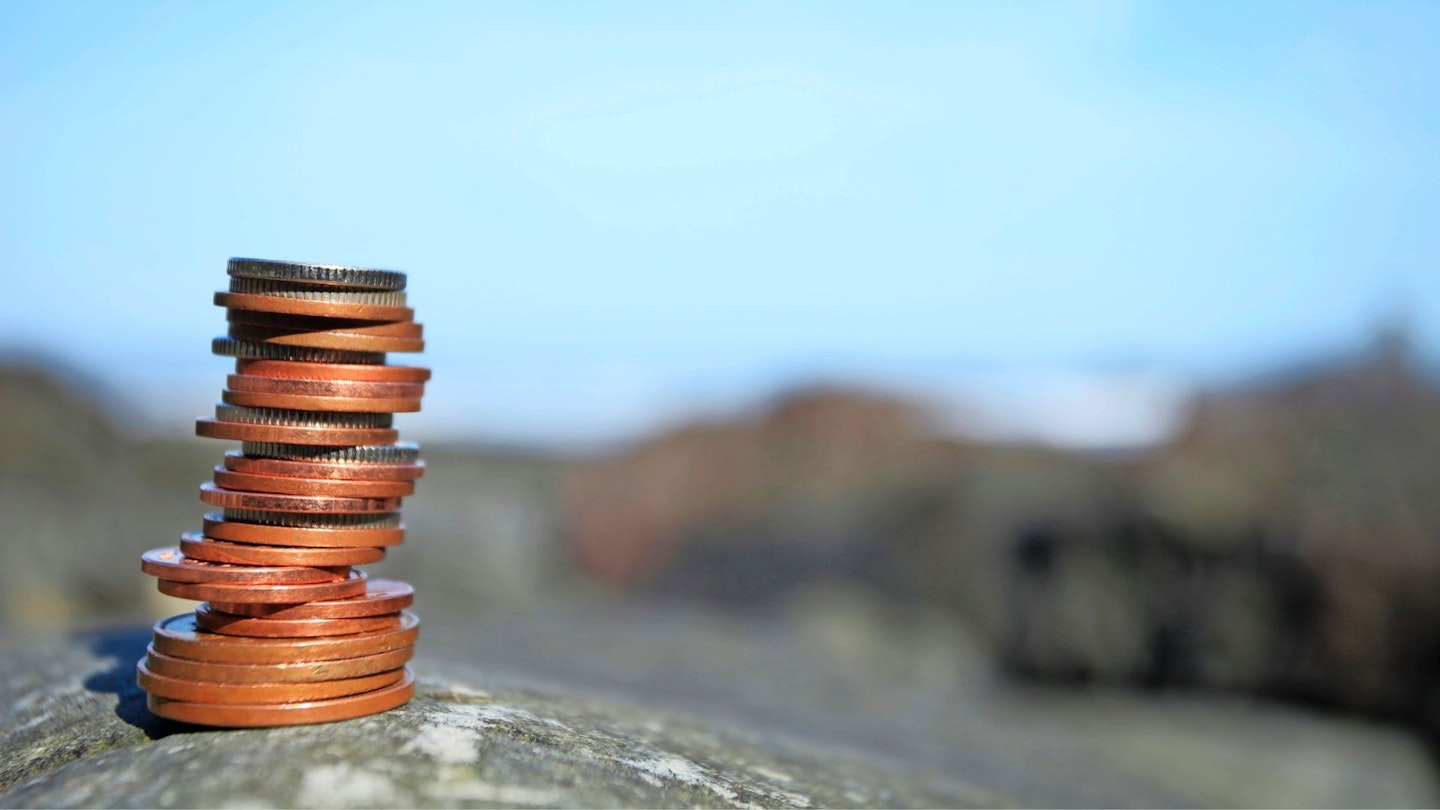
18. Everyday saving
Be frugal. Cancel your gym membership, stop the daily takeaway coffee, downgrade your Sky TV – and divert those savings to your adventure fund.
19. Planning
Group your days off into longer trips to reduce travel costs. Head to lesser-known areas where hostels and parking are cheaper.
20. Life changes
Could you live closer to the mountains? Houses in Frizington, 20 minutes from Ennerdale, start from £40k. Big move, big saving.
5 great places to stay on a budget
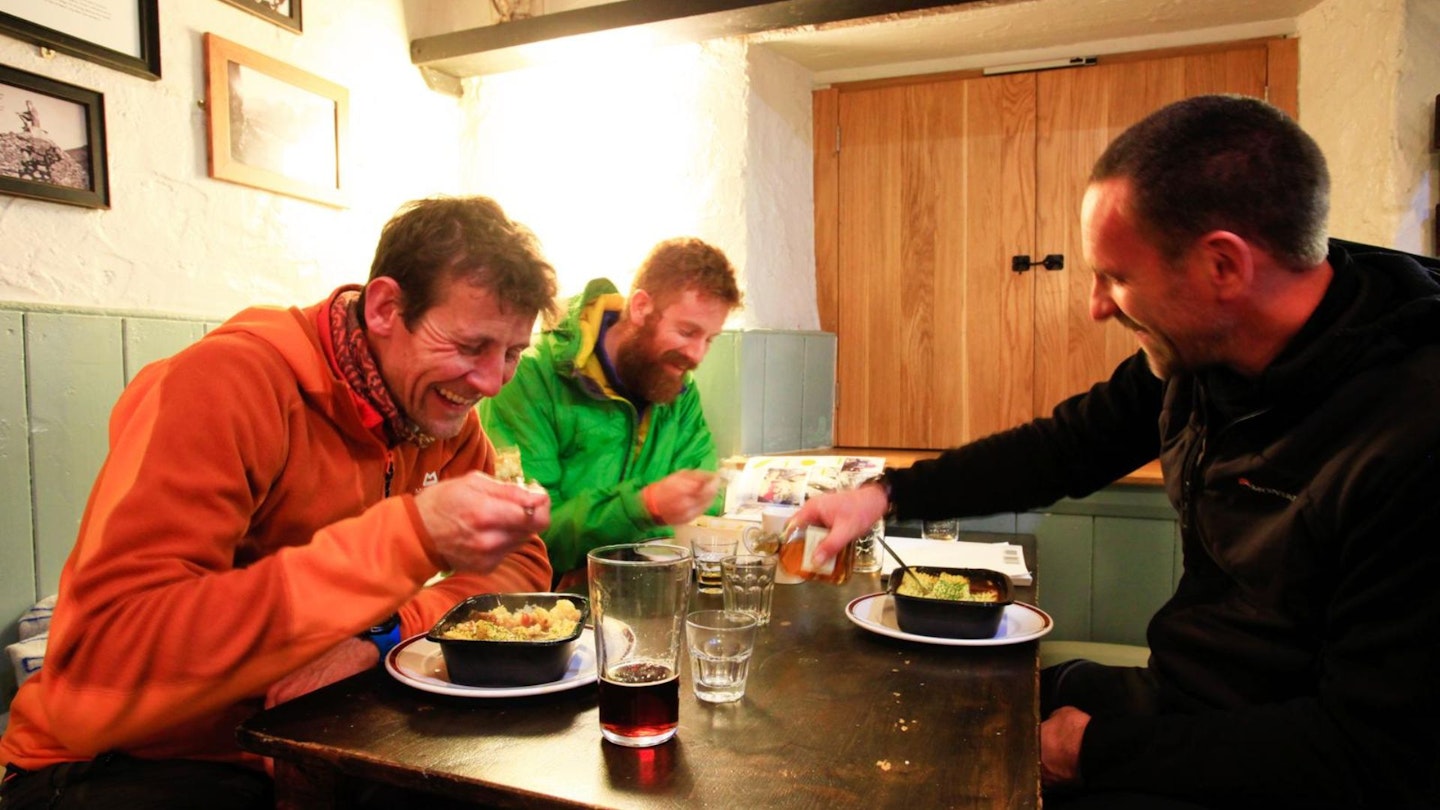
-
Hallin Fell, Lake District – Dinky fell with stunning views over Ullswater.
-
Greg’s Hut, North Pennines – Former miner's house, now a rustic mountain shelter atop Cross Fell.
-
YHA Black Sail, Lake District – England’s most remote hostel, near Great Gable and Pillar.
-
A896, Torridon – Scenic road with perfect lay-bys for camper vans or car camping.
-
Lagangarbh Hut, Glen Coe – Scottish Mountaineering Club hut beneath Buachaille Etive Mòr.
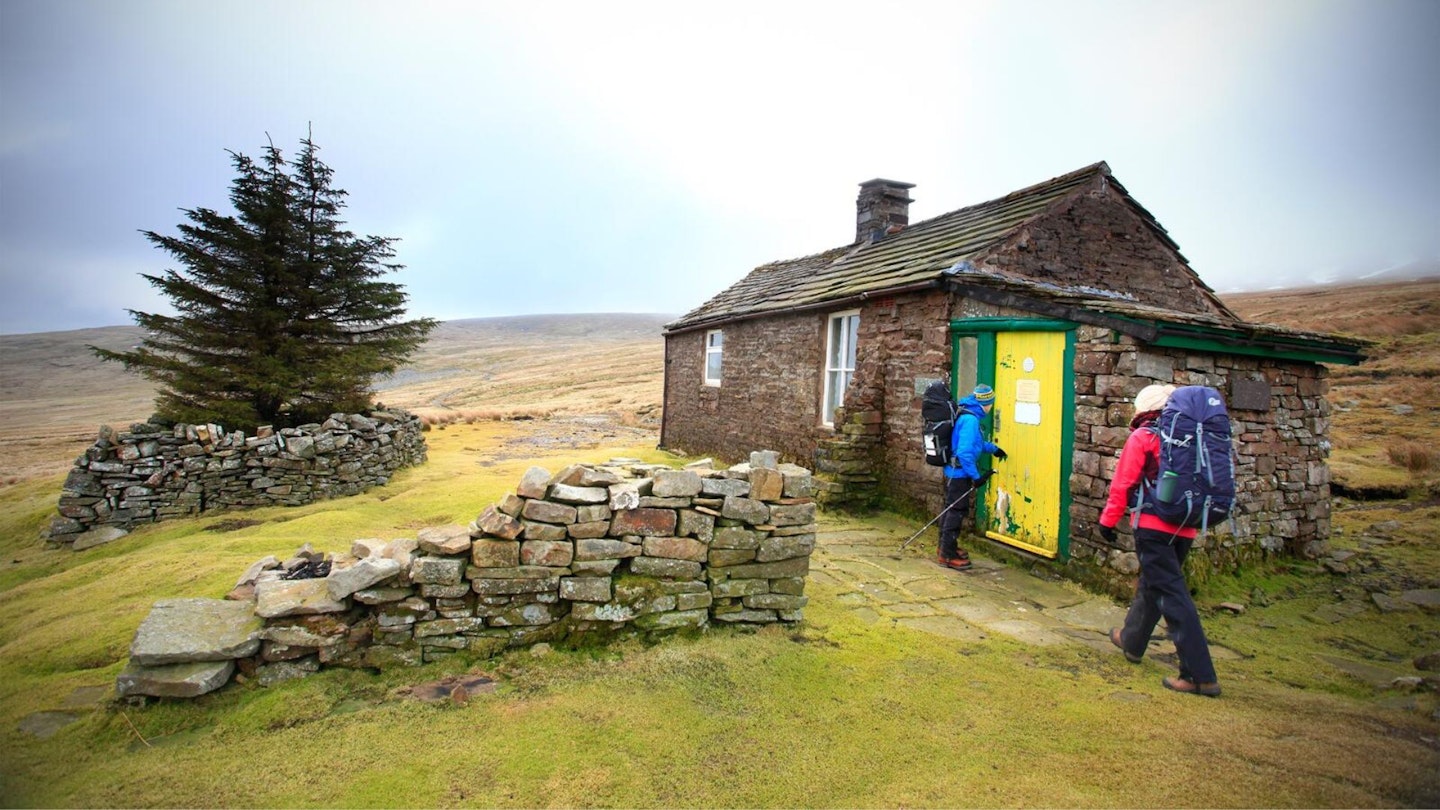
About the author
James Forrest is a long-distance walker, backpacker and peak bagger who's one of the most high-profile outdoor writers in the UK. James is a master at planning trips on a shoestring, a big advocate for fast and light gear, a passionate wild camper, and has travelled all over the world to pursue his dreams of mountain adventure. What he doesn't know about planning trips on a budget isn't worth knowing!
